AWARENESS ABOUT COMMON KIDNEY PROBLEMS
What are the functions of kidneys ?
A person has two kidneys located on the back of either side of the spine just below the chest cage. Kidneys perform vital functions of our body
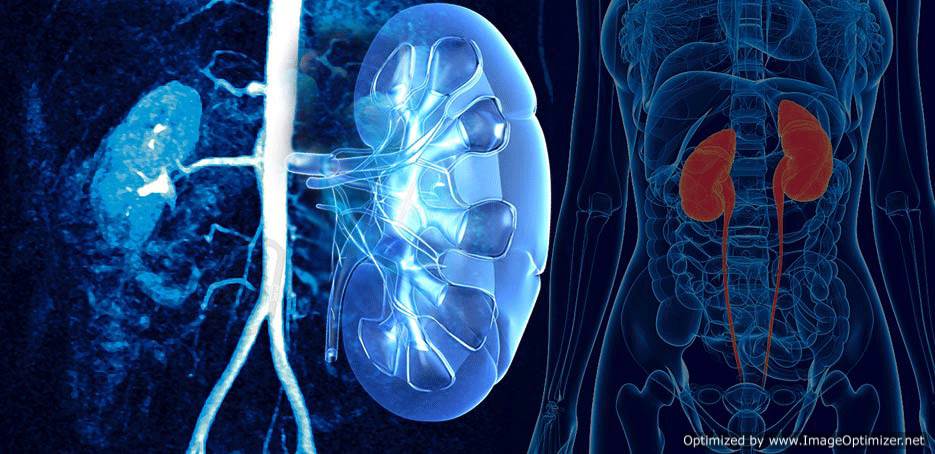
It helps in removal of waste products generated in our body and
excess fluid as well.
It filters the blood so efficiently to keep important beneficial
substance and removes harmful one.
Control the production of red blood cells (blood formation).
Make vitamins that control growth.
Release hormones that help regulate blood pressure.
How does kidneys function?
Both the kidneys function simultaneously continuously throughout our life. Blood circulates in our body by pumping action of heart and it reaches kidneys.

1.Blood enters the kidneys through an artery from the heart through
aorta
2. Blood is cleaned by passing through millions of tiny blood filters in
kidneys called nephrons
3. Waste material after filtation in nephron passes through the ureter
and is collected in the bladder as urine
4. Once Urinary Bladder becomes full people feel the urge to urinate
and then urine passes out of the body through the urethra.
What are the the Risk factors for kidney diseases ?
Kidney disease is getting increasingly diagnosed especially in young persons and those who have some kind of risk factors who should keep monitoring and investigated regularly
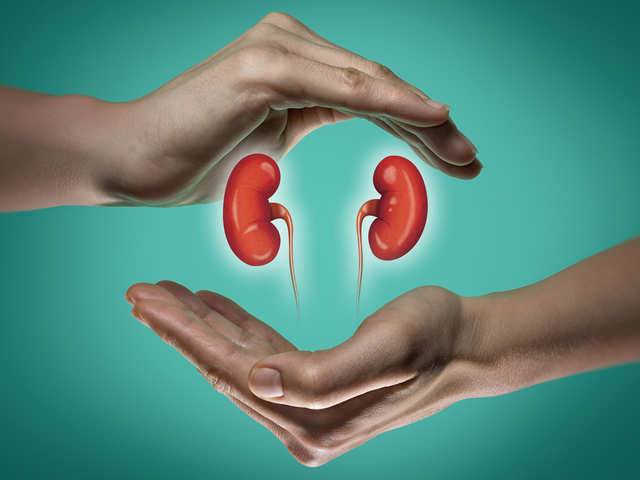
1.Diabetes mellitus ( high blood sugar patients)
2. Hypertension (high BP)
3. Smoking
4. Obesity , metabolic syndrome, high BMI
5. History of heart disease
6. Family history of kidney disease.
7. History of kidney stone, prostate problem,
obstruction in urinary tract
8. Age person ages especially after 60 years
9. History of taking nephrotoxic substance
painkillers, including over-the-counter products
such as Combiflam, Nimesulide, ibuprofen,
etoricoxib etc and contrast used in angiogram,
CT scan
What are the symptoms of kidney diseases?
In majority of individuals, in the early stages of kidney disease there are
not much symptoms. So, it is important to know the features and consult
your nephrologist for the further advice and investigations. common
symptoms are
Swelling of your hands, feet and ankles.
Fall in Hb (Anaemia)
High BP, difficult to control or in young person
A need to pee (urinate) more often especially in night
Tiredness, weakness, low energy level.
Loss of appetite.
Shortness of breath.
Blood in your urine
foamy urine, protein/albumin in urine
Nausea or vomiting.
Muscle cramps.
Darkening of your skin.
What are the types of kidney problems
Nephrotic syndrome
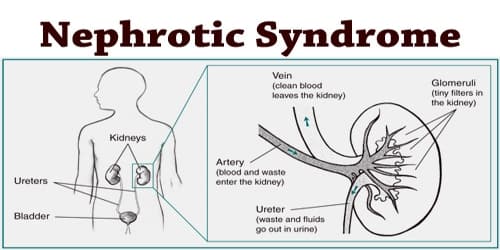
This is a condition characterized by swelling of face, feet, puffiness around eyes due to leakage of protein from the kidneys in urine.
Glomerulonephritis

It is a group of diseases and conditions that
cause inflammation and damage the filtering units called nephron .
These disorders are easily treatable if detected in time .
Chronic kidney disease
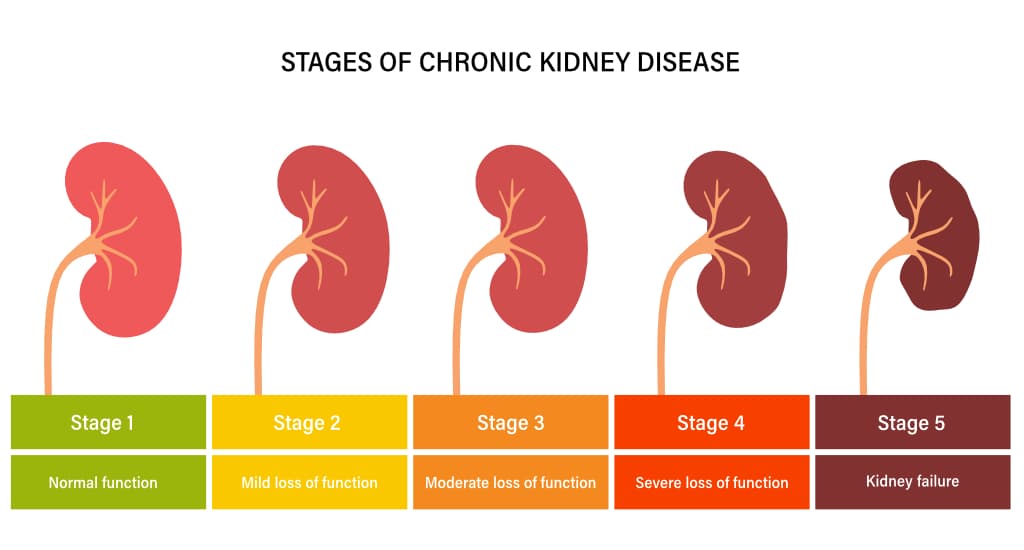
This condition develops due to slow decline in kidney function over months or years. Metabolic waste products gets accumulated subsequently over a period of time which alters our vital body function.
Acute kidney injury
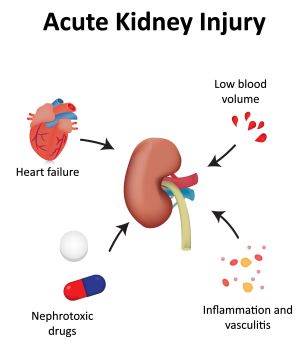
It develops due to sudden decrease in kidney function which may be due to infection, drugs, obstruction in urinary tract etc.
Inherited diseases
They are the conditions in which disease is inherited like cystic diseases of kidney most importantly polycystic kidney disease which runs in families.
Renal calculus disease
This condition usually develops to repeated and untreated kidney stone disease in individuals due to blockage of urinary passage.
